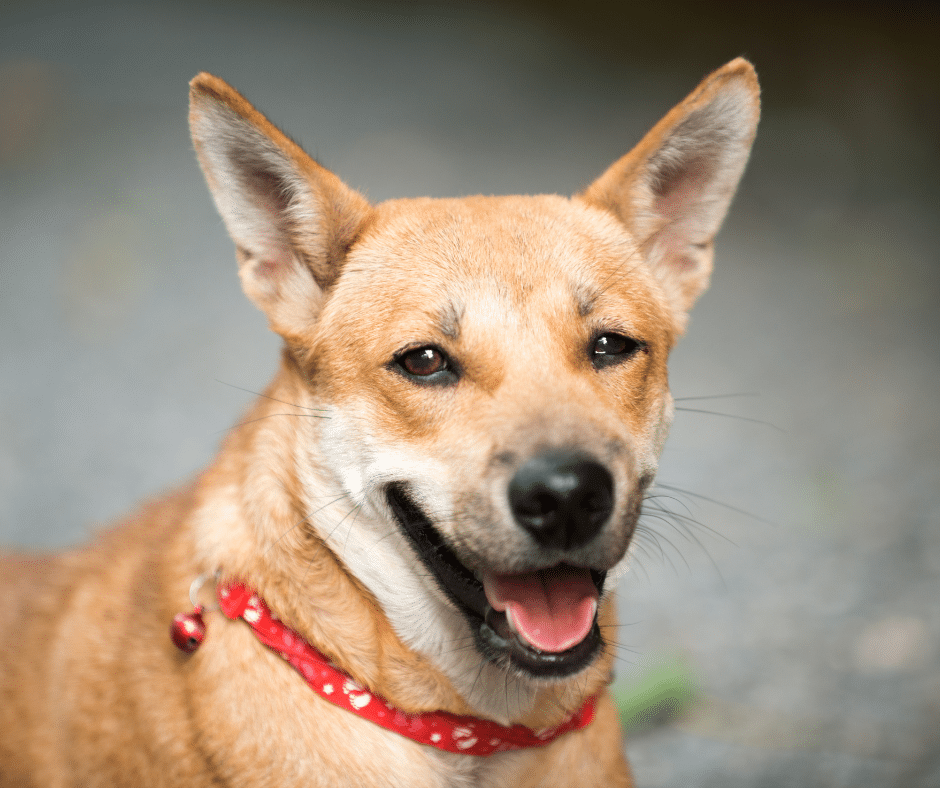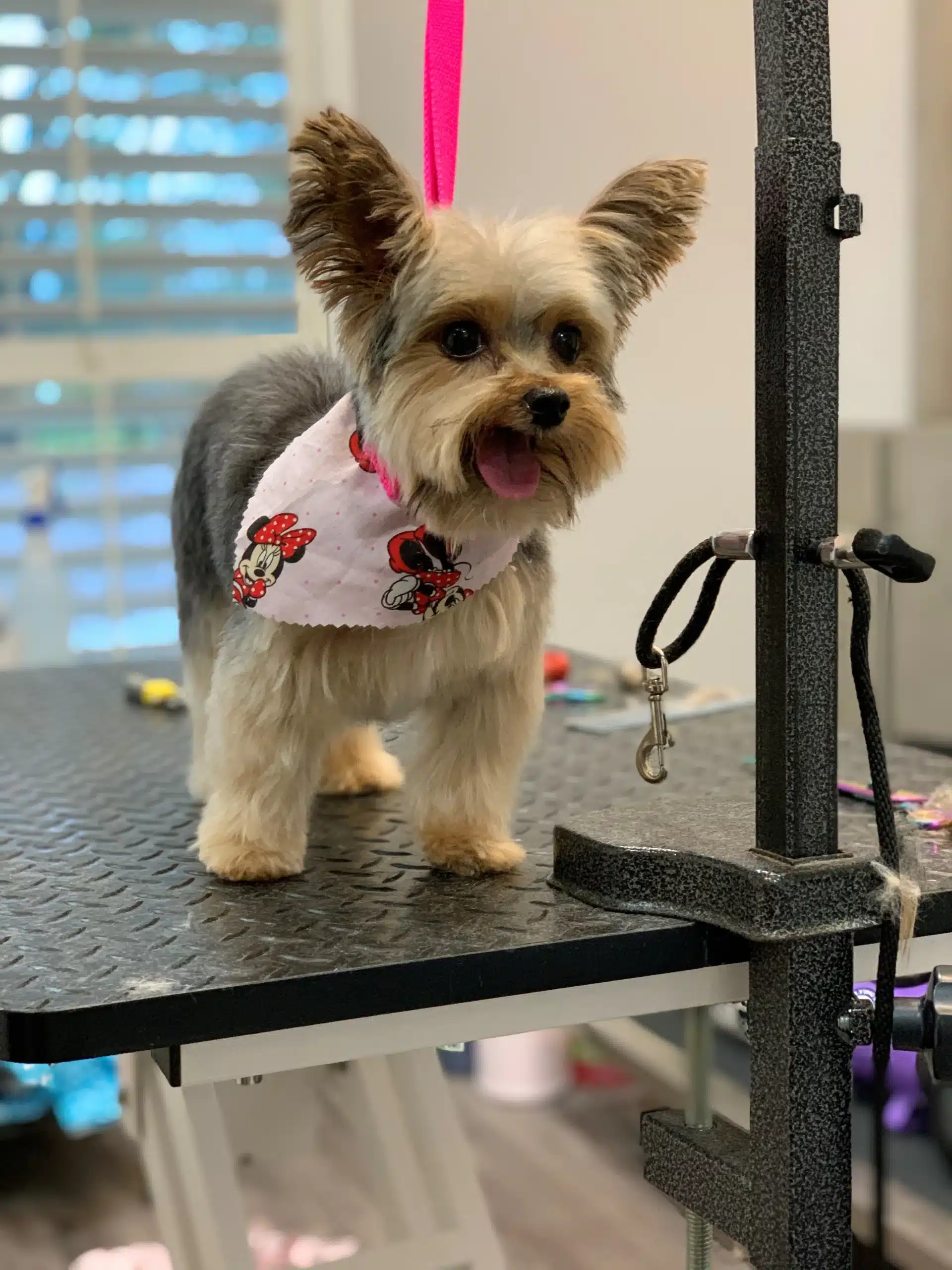Understanding the Importance of Professional Dog Daycare
Entrusting your furry companion to a professional dog daycare isn’t merely a matter of convenience—it’s an investment in your pet’s overall well-being. Many pet parents may underestimate the unique benefits that structured daycare environments offer, often attempting to replicate these experiences at home with limited success. However, professional dog daycare centers are meticulously designed to cater to the physical, mental, and emotional needs of dogs, ensuring they thrive in a safe and stimulating setting.
At the core of every reputable dog daycare is a team of trained professionals who understand canine behavior, social dynamics, and health protocols. These experts carefully curate group play sessions, monitor interactions, and intervene when necessary to maintain harmony and safety. Unlike unstructured play at home, this level of supervision minimizes the risk of accidents and ensures that every dog receives positive socialization experiences.
Key Advantages of Professional Daycare
- Socialization: Dogs are naturally social animals, and professional daycare provides the ideal environment for them to interact with peers, learn proper manners, and build confidence.
- Structured Activities: Daycares offer a variety of activities tailored to different energy levels and temperaments, from agility courses to enrichment games, keeping dogs engaged and mentally stimulated.
- Consistent Routine: Regular attendance at daycare helps reinforce healthy habits and reduces anxiety by providing predictability in your dog’s daily life.
By appreciating the specialized care and enrichment that professional dog daycare delivers, pet parents can make more informed decisions and avoid the common pitfalls of trying to substitute expert guidance with home-based routines.
Risks of Over-Exercising and Unstructured Play at Home
Many well-intentioned pet parents believe that providing endless playtime and exercise at home guarantees a happy, healthy pet. However, excessive physical activity and lack of structured play can inadvertently expose dogs to a host of risks. Over-exercising, especially in breeds prone to joint issues or among puppies and senior dogs, may lead to fatigue, muscle strain, or even long-term orthopedic problems. Without professional guidance, it’s easy to misjudge your pet’s endurance levels, pushing them beyond what’s safe or beneficial.
Equally concerning is the prevalence of unstructured play. While it might seem harmless to let your dog run wild in the backyard or chase toys inside the house, this form of play often lacks the boundaries and purpose found in professional daycare environments. Unstructured play can reinforce undesirable behaviors such as excessive barking, jumping, or play aggression. The absence of rules or designated downtime also makes it difficult for pets to learn self-control, increasing the likelihood of accidents or conflicts with other animals and family members.
Why Structure Matters
- Physical Safety: Structured activities in daycare settings are carefully monitored to match your dog’s age, breed, and fitness level, reducing the risk of injury.
- Mental Engagement: Professional environments balance play with rest and training, keeping pets mentally stimulated while avoiding overstimulation.
- Behavioral Benefits: Consistent routines help reinforce positive behaviors, making pets calmer and more adaptable both at home and in social settings.
By understanding the pitfalls of over-exercising and unstructured play, pet parents can better appreciate the value of professional daycare, where safety and enrichment go hand-in-hand.
Dangers of Unsupervised Play Groups for Pets
Many pet parents believe that allowing their dogs or cats to socialize freely with other animals at home is a harmless way to foster companionship. However, unsupervised play groups can pose significant risks, often overlooked in the comfort of a familiar environment. Without professional oversight, pets are exposed to a range of potential dangers that can jeopardize their safety, well-being, and even long-term social development.
Unmonitored Behavior Escalation
In unsupervised settings, subtle signs of stress or agitation can go unnoticed. What may begin as playful interaction can quickly escalate into aggressive behavior, particularly if one pet feels threatened or overstimulated. Without an experienced eye to intervene at the first sign of trouble, these situations can lead to physical injuries or foster negative associations with socialization.
Spread of Illness and Parasites
Another critical concern is the spread of contagious diseases and parasites. In controlled daycare environments, pets are typically required to be up-to-date on vaccinations and undergo regular health checks. At home, however, these safeguards are often overlooked, increasing the risk of infections like kennel cough, parvovirus, or flea infestations spreading among play group members.
Unaddressed Resource Guarding
Resource guarding—when a pet becomes possessive over food, toys, or even space—is a common issue in group settings. Without professional supervision, disputes over resources can quickly become heated, resulting in bites or scratches that are easily preventable with trained oversight.
Recognizing these dangers underscores the importance of trusting professional daycare staff, who are trained to manage group dynamics, minimize health risks, and ensure that all pets enjoy safe and positive social experiences.
How Trained Daycare Staff Ensure Safety and Social Growth
When it comes to daycare, the expertise of trained staff plays a pivotal role in fostering both safety and social growth for pets. Unlike the often-chaotic environment at home, where distractions and varying routines can compromise a pet’s well-being, professional daycare centers adhere to rigorous protocols that prioritize every animal’s health and happiness.
Expert Supervision and Tailored Care
Daycare professionals are adept at recognizing subtle cues in animal behavior, allowing them to intervene before minor issues escalate. Their extensive training equips them to spot early signs of stress, anxiety, or potential conflict, ensuring that each pet receives the appropriate attention and guidance. This proactive approach drastically reduces the risk of injuries or negative encounters that can occur in unsupervised home settings.
Structured Socialization Opportunities
One of the hallmarks of professional daycare is the thoughtfully designed socialization process. Trained staff carefully introduce pets to new playmates, monitoring interactions and grouping animals by size, temperament, and play style. This intentional method nurtures positive experiences, teaching pets valuable communication skills and enhancing their confidence around others—an opportunity often missed when pets are left to navigate social dynamics alone at home.
By relying on the knowledge and attentiveness of daycare staff, pet parents can rest assured that their furry companions are not only safe but also thriving socially, paving the way for happier, more balanced family life.
Choosing the Right Environment for Your Pet’s Well-being
Creating a nurturing and secure environment is fundamental to your pet’s overall happiness and health. While many pet parents assume that their home is automatically the best setting, it’s important to recognize that pets, much like people, have unique needs and preferences. The right environment goes beyond simply providing food and shelter—it’s about offering mental stimulation, emotional comfort, and opportunities for socialization that mirror what professional daycare facilities provide.
Understanding Your Pet’s Unique Needs
Every pet is different. Dogs may crave active play and companionship, while cats often seek quiet nooks for observation and rest. Assessing your home objectively can reveal whether you’re meeting those needs. Are there safe spaces for relaxation? Is there enough room for exercise and play? Is your pet exposed to new sights, sounds, and smells that keep them engaged? Professional daycares excel at designing environments tailored to these requirements, incorporating sensory enrichment, supervised socialization, and structured routines.
Common Home Environment Mistakes
- Neglecting Mental Stimulation: A monotonous home environment can lead to boredom and destructive behaviors.
- Inadequate Socialization: Limited interaction with other animals or people may result in anxiety or fearfulness.
- Unsafe Spaces: Overlooking hazards—such as accessible cords, toxic plants, or open windows—can put your pet at risk.
By evaluating your home through a professional lens and making thoughtful adjustments, you can foster an environment that promotes your pet’s well-being, mirroring the high standards of trusted daycare settings. This attention to detail is the first step in preventing common mistakes and ensuring your pet thrives both at home and beyond.








Recent Comments